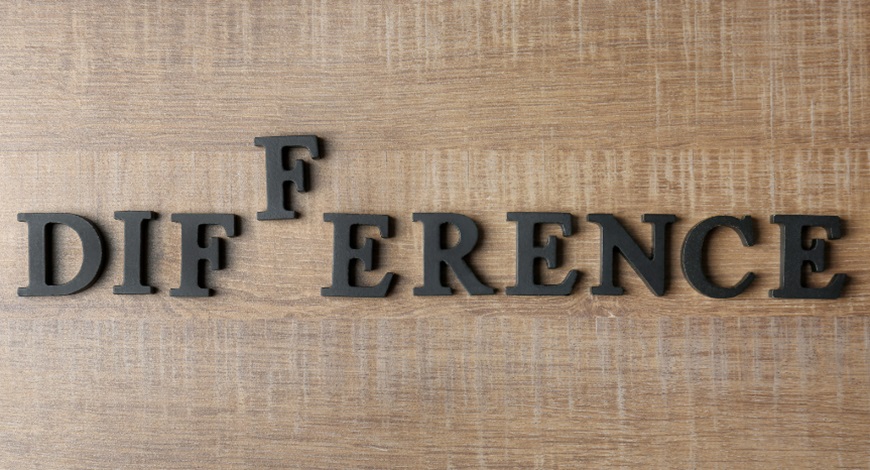Overcoming addiction is no small feat, and deciding to commit to a life of sobriety is an incredibly brave and rewarding choice. The journey to recovery takes time, practice, and a solid support system. It’s essential to understand the difference between sobriety and long-term recovery since both play crucial roles in reaching and maintaining addiction-free living. In this article, we will explore the distinctions between these two concepts and provide guidance on navigating the road to a successful, lasting recovery.
Sobriety vs. Long-term Recovery
Sobriety refers to the act of abstaining from substances and addictive behaviors. It is an essential first step in the path to a healthier, addiction-free life but doesn’t encompass the entirety of the recovery process. Achieving sobriety is a short-term goal that signifies one’s commitment to breaking free from active addiction.
On the other hand, long-term recovery is an ongoing journey that encompasses changes in thoughts, behaviors, values, and lifestyle choices. It aims to establish healthy coping mechanisms and develop a supportive network to maintain sobriety permanently. Long-term recovery is about building a solid foundation for continued growth and transformation.
Finding Support in Sober Living Environments
One crucial aspect of long-term recovery lies in the power of support and guidance from others who understand the challenges of addiction. Houses for sober living in South Florida provide a structured and secure environment for individuals recovering from addiction. These facilities serve as a bridge between inpatient treatment centers and independent living while ensuring a continued focus on recovery and personal growth.
Residents of sober living homes have access to various resources like support groups, counseling, and workshops, all aimed at fostering a sober lifestyle. They can better focus on their recovery while having the opportunity to build lasting connections with others on the same journey. For guidance on how to choose the right facility for your needs, check out this guide.
The Importance of a Holistic Approach to Recovery
As previously mentioned, long-term recovery requires a shift in mindset, behavior, and lifestyle. To facilitate this transformation, it’s crucial to adopt a holistic approach that handles all aspects of one’s life, such as:
- Physical health: Regular exercise, a balanced diet, and proper sleep hygiene can have a tremendous positive impact on maintaining sobriety and overall well-being.
- Mental health: Counseling, therapy, and support groups can help individuals develop healthy coping mechanisms and handle underlying emotional and psychological issues that may have contributed to addiction.
- Social connections: Building a network of supportive friends and family can make all the difference in maintaining long-term recovery. These connections provide a sense of belonging, accountability, and encouragement on the road to lasting sobriety.
- Purpose: Pursuing personal passions, hobbies, and career goals can aid in building a sense of purpose and identity outside of addiction, further strengthening the foundations of long-term recovery.
In Conclusion
Sobriety is an important milestone on the journey to recovery, but it’s essential not to confuse it with the ultimate goal of long-term recovery. By embracing a well-rounded approach to recovery that prioritizes ongoing personal growth, developing healthy habits, and fostering supportive connections, individuals can ensure a better chance of achieving lasting sobriety. Sober living homes offer a structured environment to focus on recovery while having access to valuable resources and support networks, making them an excellent choice for those looking to take the next step in their journey. With commitment, practice, and dedication, long-term recovery is possible.





